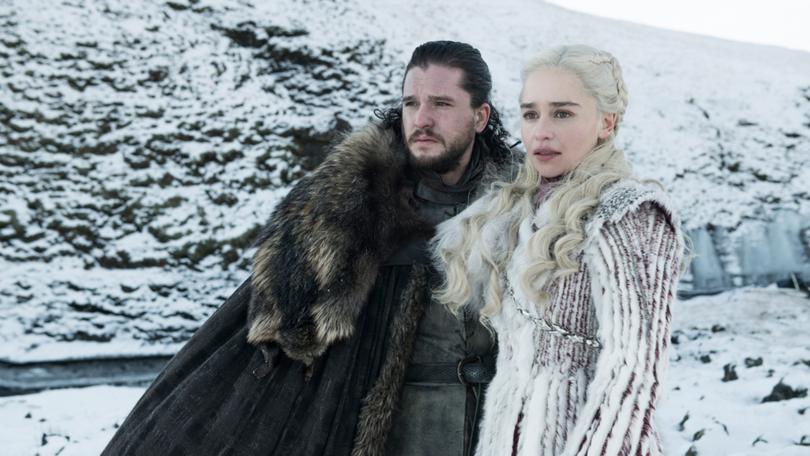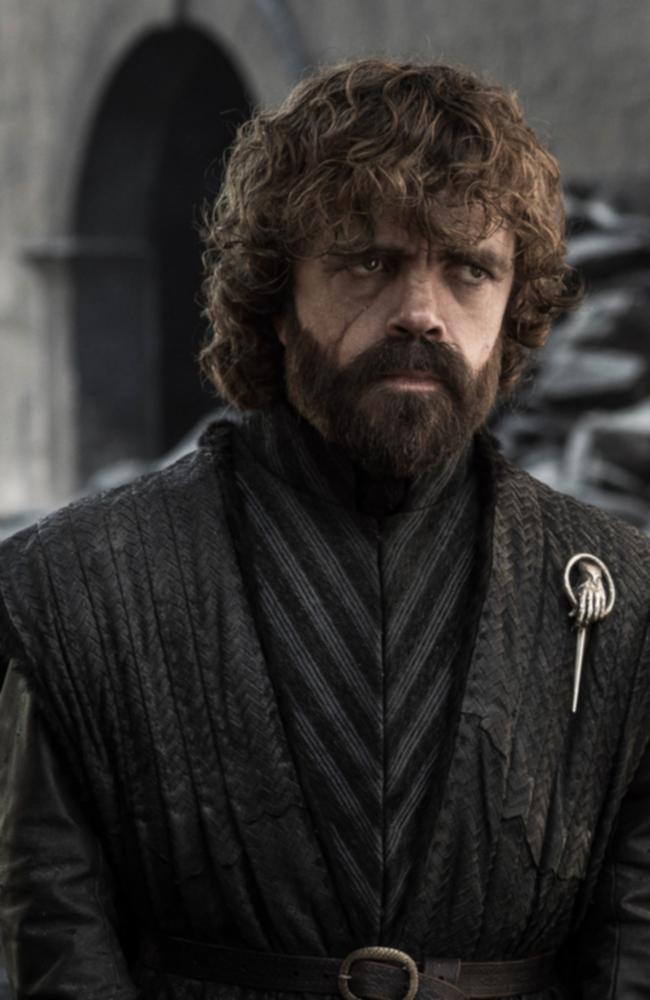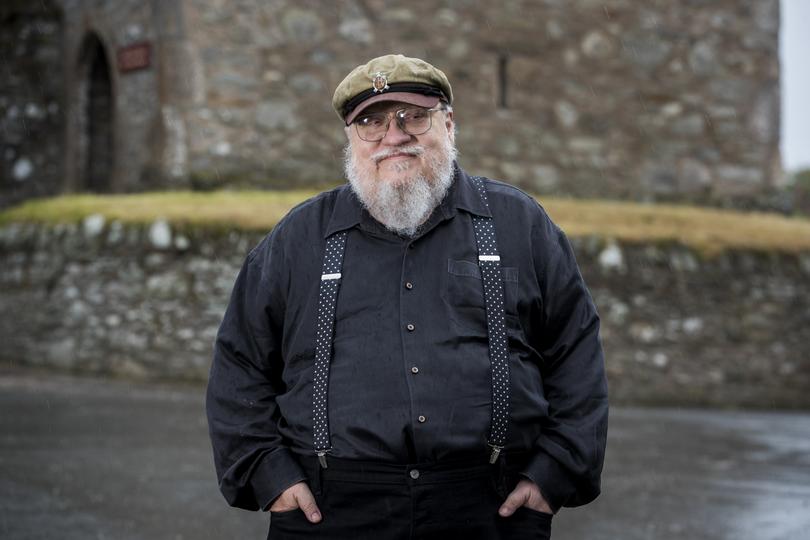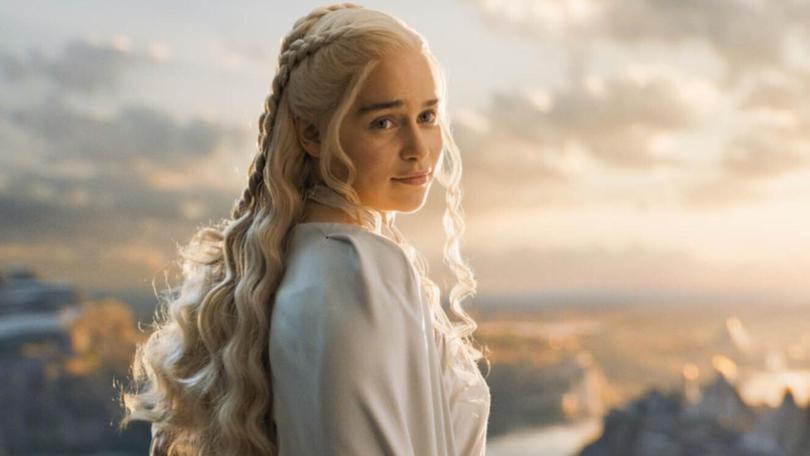Game of Thrones: Why we’ll never reach the highs of GoT frenzy again and what this says about the binge model
Game of Thrones was many things but one of its enduring legacies is the absolute fever it inspired whenever it was on. We’ll never reach those highs again.

There’s a question that you occasionally hear, “Should I watch Game of Thrones if I’ve never seen it before or is it too late?”.
The fantasy juggernaut ran from 2011 to 2019 and it wouldn’t be hyperbolic to say that for most of that time, it was the biggest scripted series in the English-speaking world. It was huge. It made stars out of its large ensemble cast (hello, Pedro Pascal!) and won a gazillion awards.
More than the ratings and the accolades, Game of Thrones took over the cultural conversation for three months every time a new season dropped — and not just for those three months. Every time a new titbit was leaked, every photo that was released, every morsel from writer George R.R. Martin was seized upon with the voracious hunger of a starving lion.
Sign up to The Nightly's newsletters.
Get the first look at the digital newspaper, curated daily stories and breaking headlines delivered to your inbox.
By continuing you agree to our Terms and Privacy Policy.The people were obsessed. Never before and since has the discourse surrounding a TV series been bigger than the show itself, although the two are so intrinsically linked it’s hard to separate.
Which leads back to that original question, is it too late to jump on the Game of Thrones bandwagon this many years after the fact?
For most, it’s not too late, it’s still a brilliant series with expensive production values, involving storylines, excellent performances and the guts to make tough calls such as kill off beloved characters. There was always jeopardy in the air, which raises the stakes.
But, without the richness and fever of the discourse that surrounded it every single week, the overall experience is surely diminished for those coming to the game so late.
Of course, there is an element of you don’t know what you’re missing. It’s like asking a twin, “what’s it like to be a twin?”, they have no comparison point.
What the question raises, though, is pop culture is so much more enriching when it’s shared. When Game of Thrones was on, each episode was eagerly anticipated, but there were also the written recaps from your favourite writers on the subject, all those dedicated weekly podcasts, the Reddit threads, the countless online articles.

The Game of Thrones discourse was an industry unto itself.
It was the last time you heard a panicked “Ssssshhhh! Spoilers!” from that one colleague in the office who hadn’t seen the previous night’s episode due to some other, arguably less important, commitment.
Plus let’s not forget the internet black-out enforced on Australian fans from midday onwards every Monday in case you inadvertently came across something you didn’t want to know yet. It was all-encompassing and it was absolutely glorious.
The watercooler wasn’t four people physically gathered in the breakroom, it was the whole world. You felt part of a collective, dissecting the hidden meaning of a sharp retort from Tyrion, argued whether Daenerys’ heel-turn in the final season was well-plotted or justified, expressed shock over some of those violent, brutal deaths and considered whether GoT had finally given due to its female characters.
It was the perfect storm, a confluence of events that led to that sort of cultural dominance. First, it was just a great show and so complex and expansive that it naturally lent itself to an extensive discourse. Like the story structure of a Christopher Nolan movie, you actually needed other people to work it all out.
Second, the internet had reached a stage in its continuing evolution where there was critical mass across social media platforms before they completely devolved into cesspools of hate, and there was the optimism that digital media would save the news.

The decade of Game of Thrones’ broadcast coincided with the halcyon days of digital media, which had the resources to pump money into coverage of the show, before the likes of Buzzfeed, Gawker, HuffPo and more formed their own elephants’ graveyard.
Third, that enthusiasm online was both fed by and fed into the mainstream legitimisation of fantasy and sci-fi genres, which were no longer the territory of nerds and geeks, but everyone’s mum and best friend. Fans were emboldened and they brought more and more people into the fold.
After GoT ended, every streamer and TV network that had the money, including HBO which had made Game of Thrones, was on the lookout for “the next Game of Thrones”. No one ever came close, and that goes for the GoT prequel, House of the Dragon.

Maybe you can’t replicate those conditions again, but that fan union around Game of Thrones highlights the folly of the binge model.
GoT was only able to sustain its popularity because it was released week-to-week, and with the exception of its final season, dropped new seasons every year, almost like clockwork.
The ordered waiting fed into the frenzy. Fans knew when to ramp up and the speculation and discourse was stretched out between every episode.
There have been shows that have penetrated the zeitgeist since but it’s not the same. For the most part, they have been Netflix series, because it is the one platform that has unparalleled global reach.
But even the most popular shows there (Bridgerton, Squid Game, Stranger Things) only inspire, at best, maybe a month of discourse. If you binge everything in one night or two, it’s over before it’s barely had the time to register, and everyone is watching it at a different pace. We don’t cross over. Pop culture is already fracturing at a rapid rate, why push it along?
Then, you’re waiting up to three years between new seasons. Your attention and your devotion has moved to 184 other shows in the meantime. Those shows can’t claim ownership over the fandom.
If we’re ever going to even come close to the highs of that Game of Thrones delirium again, the binge model has to go.

